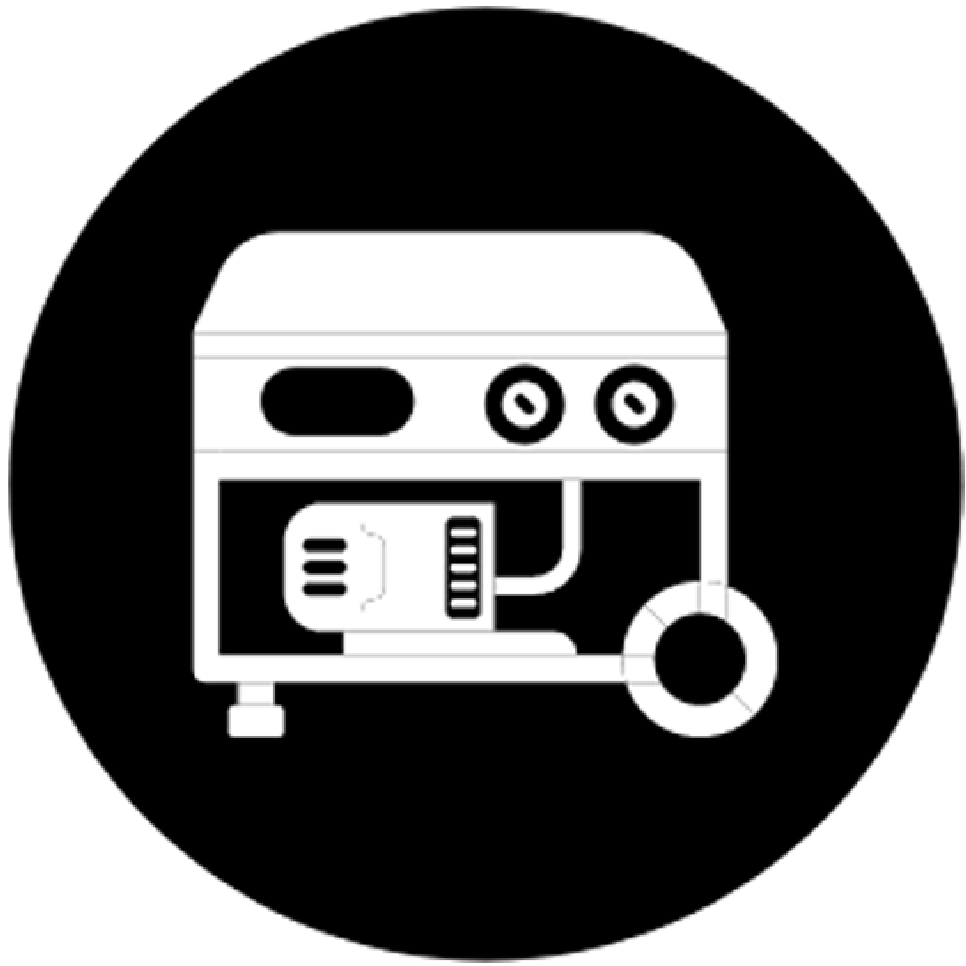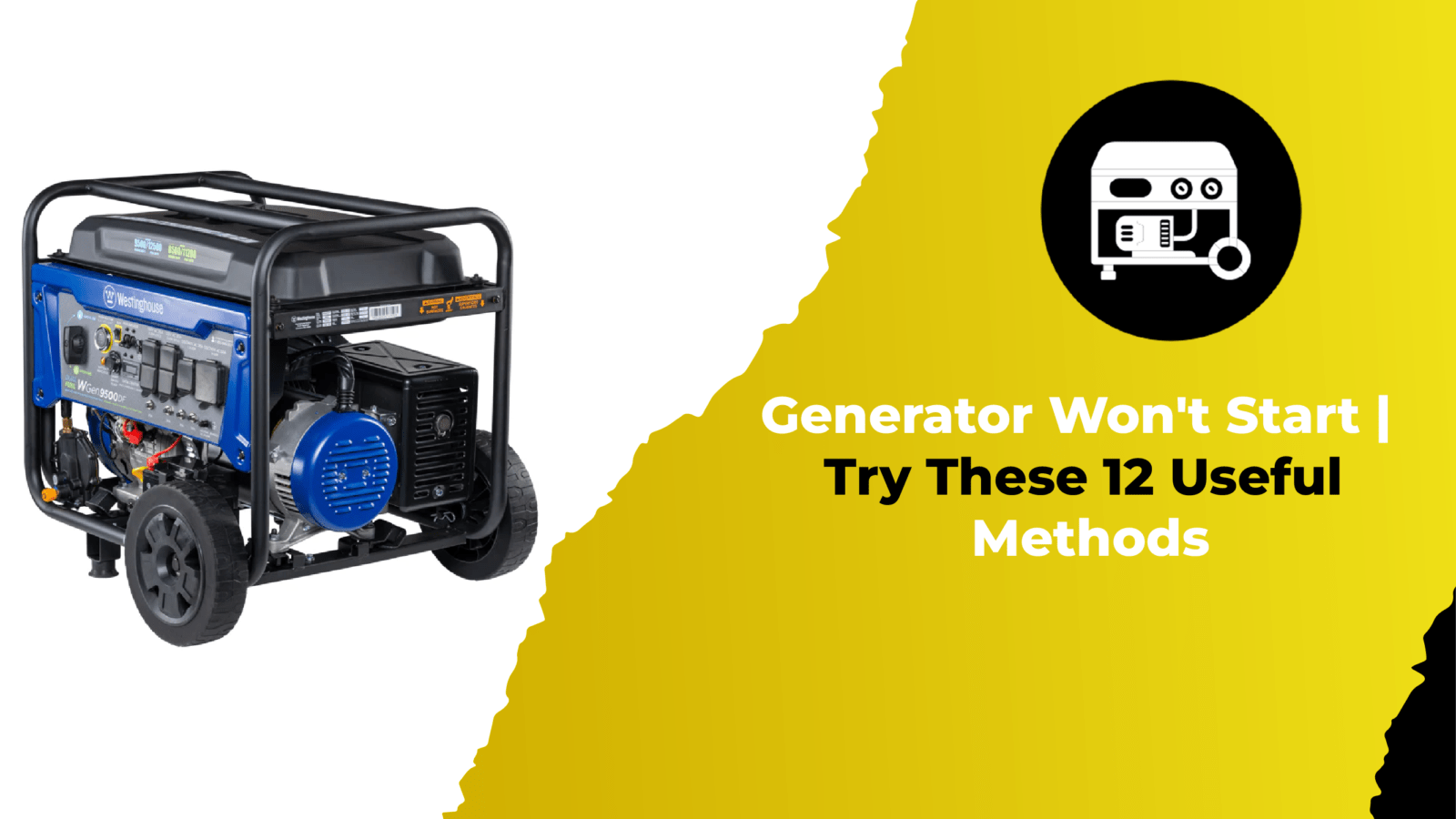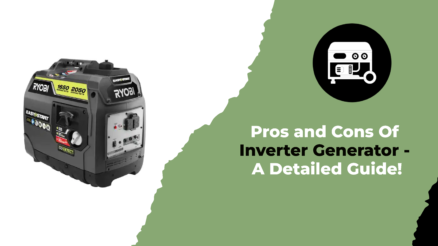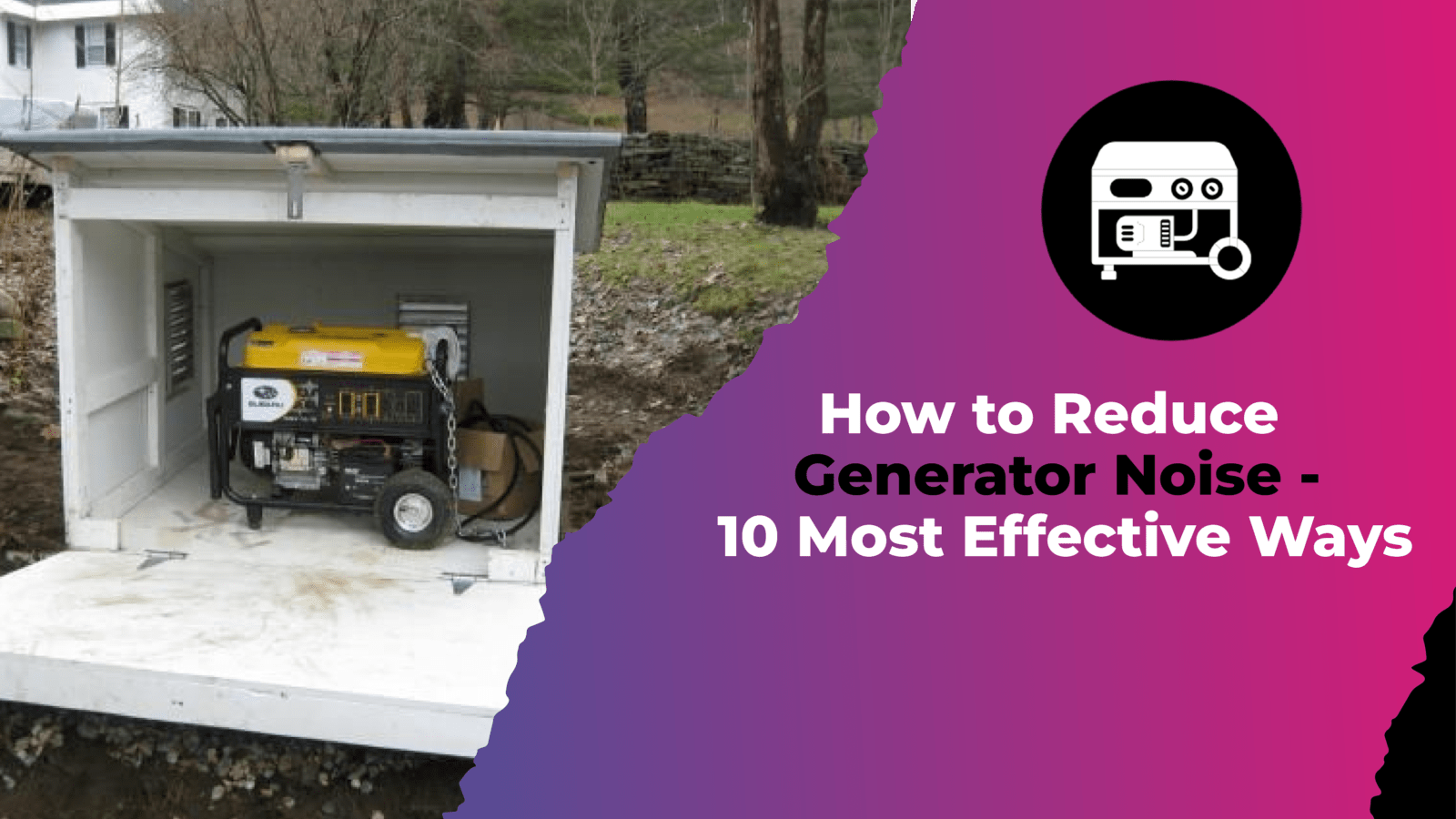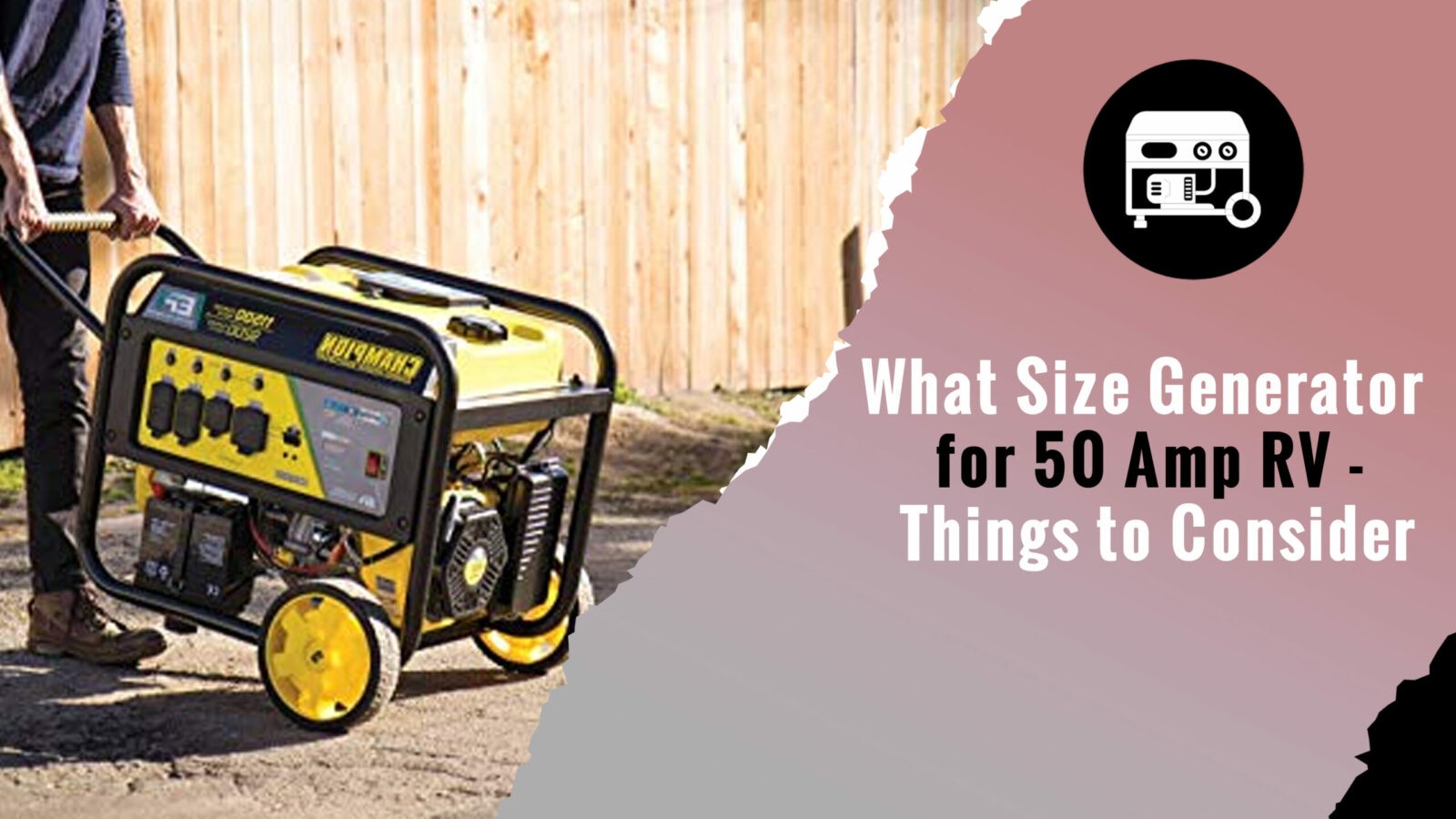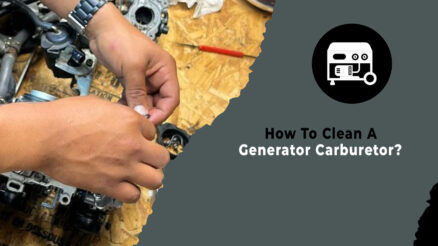There may be many different issues if your generator won’t start. I am aware of how frustrating it may be when the power goes out and you got to discover that your generator is not working at all. This may destroy your plans and create an unmatched disturbance.
As I am familiar with some technical issues related to generators so I can tell you that, in most cases, the solution is pretty straightforward but it’s not the case every time. Sometimes, it’s more a critical issue that demands your technical skills.
In this article, we will find out the possible solution to why the generator won’t work. It’s likely that you’ll identify the problem, however, and your generator will be operational in no time.
Why my generator won’t start?
There might be many reasons why the generator won’t start. First of all, check out the connection, if that is okay then there are chances that the battery is dead. Try to change the battery and if still it’s not the cause of the problem then check for the other problems that you will go to read about in this article.
How do you diagnose a generator problem?
There are 12 different ways to diagnose a generator problem if your generator won’t work. Let’s have a view at all of them
1. Generator is overloaded
Making sure you are not using more appliances than your generator can manage while using backup power should be your first step. The generator stops working if it detects that you are overloading it with too many appliances.
Overload-related power issues can only be fixed by turning off the generator, reducing the load by unplugging unnecessary equipment, and then turning the generator back on.
Read It: How Does a Generator Work
2. Fuel Shutoff valve is closed
Every portable generator has a fuel shutdown valve that is used to prevent stale fuel from reaching the engine. This is often only required if you want to store a generator as you are not using it. While starting the generator make sure that this valve is not closed because a closed valve will not allow fuel to circulate in the engine.
Just open the valve and restart the generator to fix the situation.
3. Insufficient Fuel
No doubt, gasoline is necessary for your generator to operate. Be careful to check your fuel level if it has sufficient fuel to work. Otherwise, it won’t start.
Always check that your generator’s fuel tank is full before starting it to avoid running out of gasoline.
4. Oil Level is Low
The generator might not work due to low oil levels. Although new versions of generators feature a “low oil shutoff sensor” that automatically shuts off the generator when there is a low level of oil, this prevents the generator from starting with no oil.
Older models of generators can still start with little oil, but the sensor is no longer used. Certain engine parts might suffer severe wear and tear if you run your engine with little or no oil.
Oil levels should be checked with a dipstick to fix low oil levels. Add more oil if the oil level appears to be low but the oil looks clean. A new oil change is required if the oil is filthy and low.
Read It: How to Change Oil in a Generator
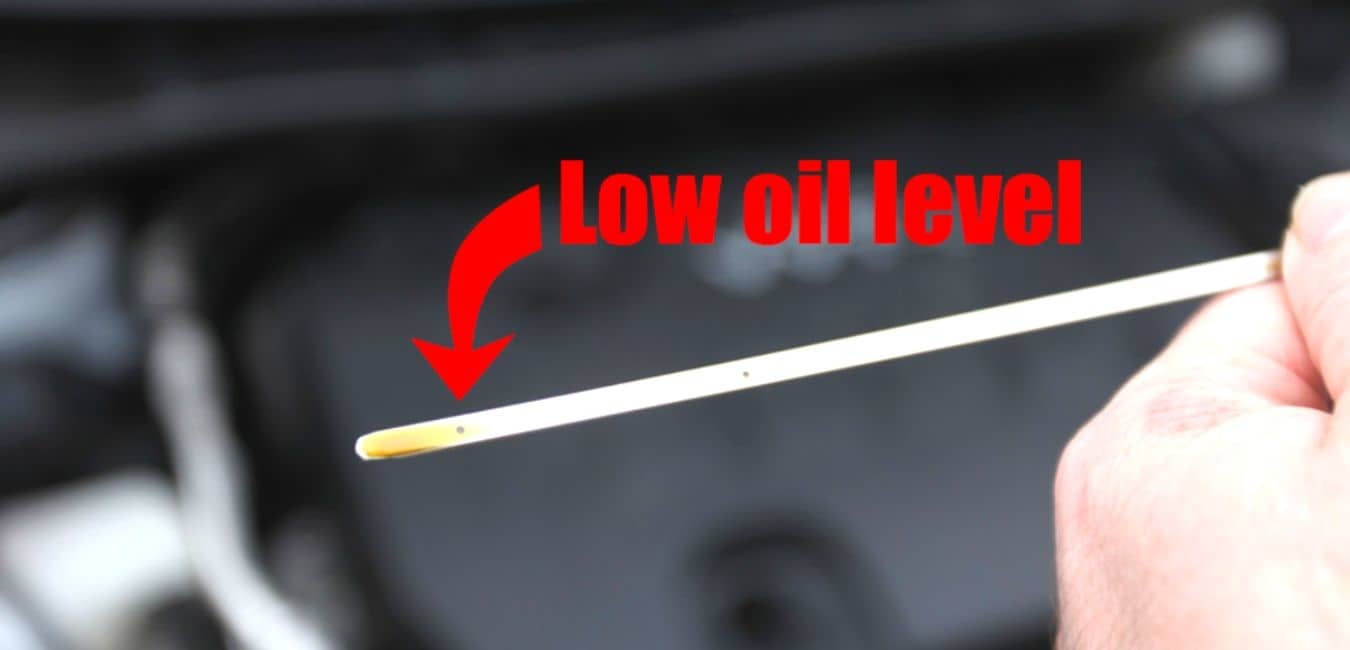
5. Water Level is not high
Most generators cannot withstand the increase in temperature caused by inadequate water levels in the radiator. It is very difficult for some parts of the generator to control heat and for the voltage meter to operate at a high temperature. In this case, more water is required so, check the level of water first.
6. Choke isn’t in the right Position
The choke must be fully closed in order to turn on the generator. Set it to half after a little while, and then again change it so that it starts working. Leaving the choke in the fully choked position for an extended period of time can cause generators to turn off after a few minutes.
7. Rodents
Small animals might find a cozy home in generators. Additionally, when they run out of food, they will gnaw on any exposed electrical wire or hoses, which can result in leaks of fluid or electricity.
Rodent infestations should be treated by getting rid of the rodents and replacing any wiring or hoses that the rodents have damaged. It could also be a good idea to set up rodent nets to avoid any future tiny animals before they establish a home in your pricey generator.
8. Spark Plug is Dirty
Your generator may make a crackling sound and turn off abruptly if you have a problem with unclean or malfunctioning spark plugs. The most reliable solution to a spark plug problem is to swap them out for brand-new ones. Some spark plugs, though, can get dusty and, if they are cleaned properly and on time, they function just like the new ones.
Check This: How to Flash a Generator?
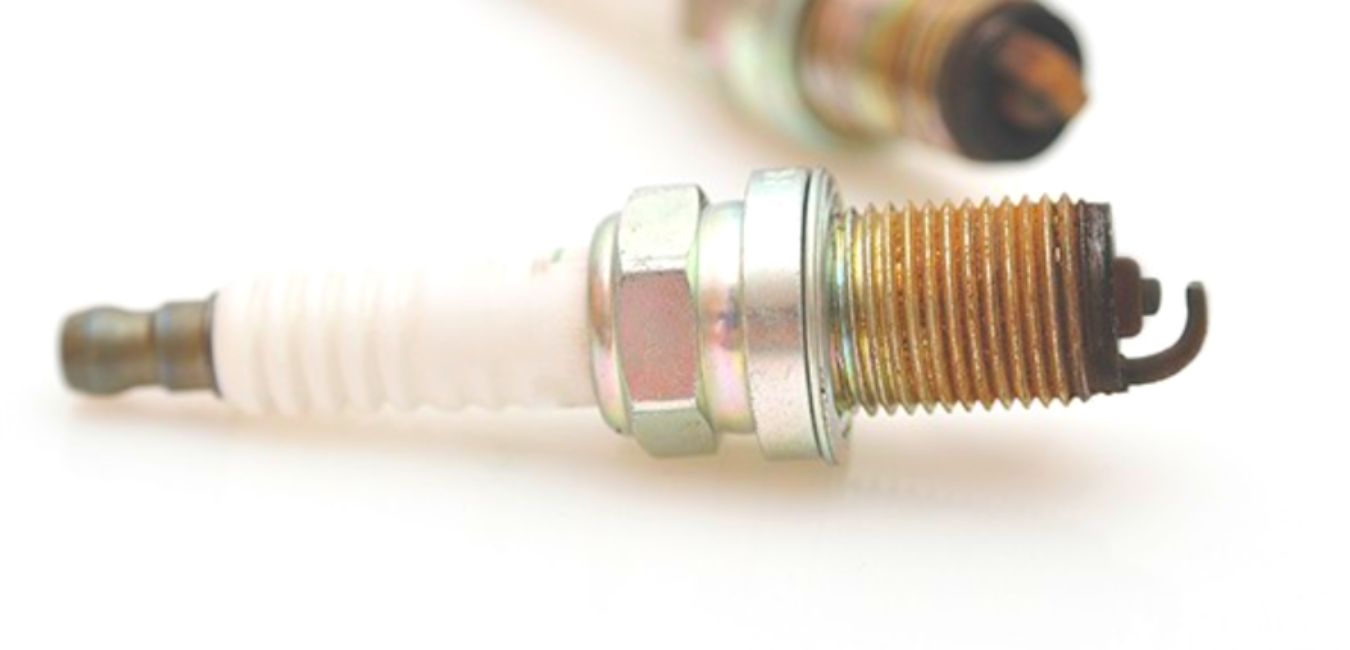
9. Blockage in Air Filter
The smooth operation of an engine depends on the circulation of clean air throughout the engine. The appropriate amount of air cannot flow through the engine because of a blockage in the air filter. This repair is very simple and easy. Your air filter needs to be cleaned or replaced for optimum airflow frequently.
10. Filthy Fuel Pipes
Your gasoline tank’s pressure could become trapped, obstructions could be caused by dust or debris present in the fuel, or your pipes could rust and start to leak. The right amount of gasoline is difficult to circulate as a result.
Checking for obstructions in the fuel cap outlet is the first step in fixing a fuel system problem. Examine the fuel tank for silt, faulty fuel, etc. if everything looks good with the fuel cap. It’s a good idea to clean the gasoline tank and condition the fuel if it appears dirty. In addition, check all the pipes and let the gasoline tank’s pressure drop before each use.
11. Battery is dead
Similar to your automobile, a dead battery or defective connections may be at blame if your generator won’t start. Try using a 12-volt DC outlet to charge the generator’s battery or give it a jump start with your car’s battery. If that doesn’t solve the issue, the battery is probably not the issue.
Check More: How To Clean A Generator?
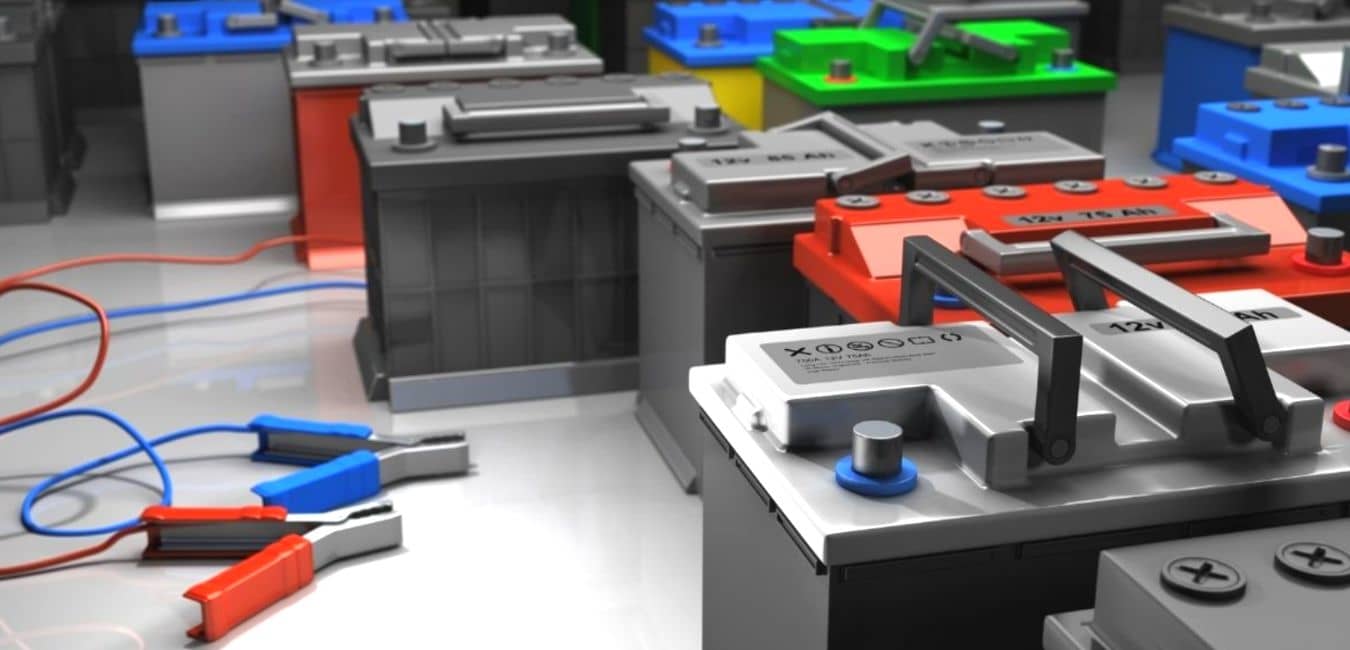
12. Carburetor is clogged
If the carburetor did not already drain when you looked for stale fuel earlier, now is the moment to do it. Old gasoline clots in the carburetor, blocking the passage of fresh fuel to start combustion.
Close the gasoline valve first before cleaning your carburetor. To wipe out any debris, remove the bowl from the carburetor’s bottom and use a brush or rags. Put a needle or flat pin to clear obstructions from a metal jet nozzle. After you are done, try to power the generator by turning the fuel valve back on.
Generator Won’t Start – FAQs
Conclusion
With the proper upkeep and care, the majority of the generator that are facing starting issues can be avoided. According to the owner’s manual maintenance plan, you should get your generator fixed by a certified professional.
Use the recommended grade of engine oil and the appropriate filters if you want to avoid any inconvenience.
Examine your generator visually on a frequent basis. You’ll save yourself from a lot of trouble if you replace any damaged electrical cables and pipes before they cause you any problems.
Empty the gas tank and remove the gasoline from the carburetor before keeping your generator for durations of three months or more. All you have to do is turn the fuel taps off while the motor is working to drain the carburetor.
